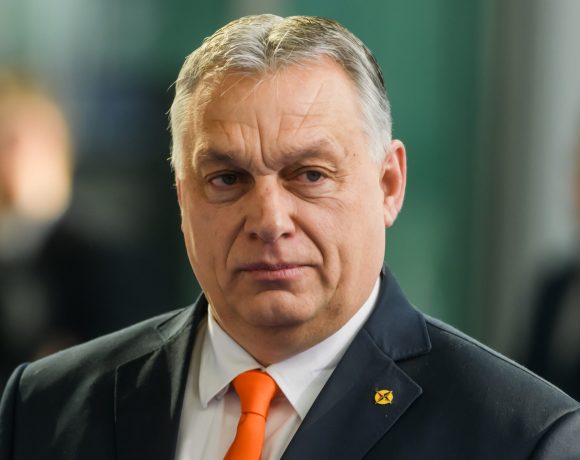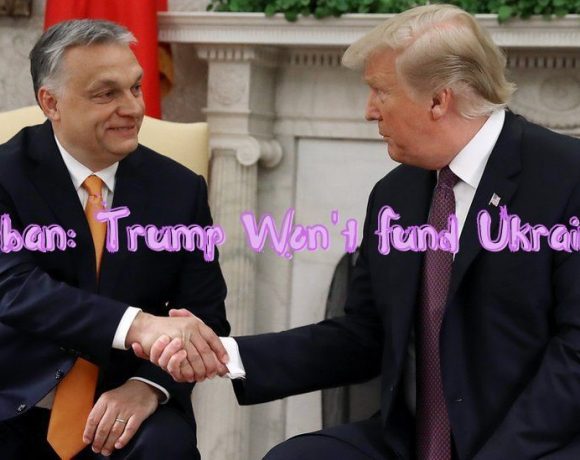
Hungarian Prime Minister Viktor Orban’s reported upcoming meeting with Russian President Vladimir Putin has sparked concerns among other EU leaders. Orban, currently holding the EU rotating presidency, maintains closer ties with the Kremlin compared to other EU heads of state, despite Russia’s full-scale invasion of Ukraine in 2022. European Council President Charles Michel emphasized that Orban lacks a mandate to engage with Russia on behalf of the EU, while Polish PM Donald Tusk sought clarification on the matter.
Reports indicate that Orban plans to meet Putin in Moscow, accompanied by Hungarian Foreign Minister Peter Szijjarto. The visit follows Orban’s recent trip to Kyiv, where he suggested a quick ceasefire to expedite peace negotiations, although Ukrainian President Volodymyr Zelensky did not publicly respond. Critics in Ukraine fear that any ceasefire could solidify Russia’s territorial gains without ensuring Ukraine’s negotiating strength.
Orban’s stance on Ukraine has been contentious within the EU; he previously delayed approval of a significant EU aid package for Ukraine. His recent visit to Kyiv, the first in twelve years, occurred shortly after assuming the European Council presidency, underscoring his influential role in European affairs despite internal and external scrutiny of his diplomatic engagements.
Picture Courtesy: Google/images are subject to copyright

